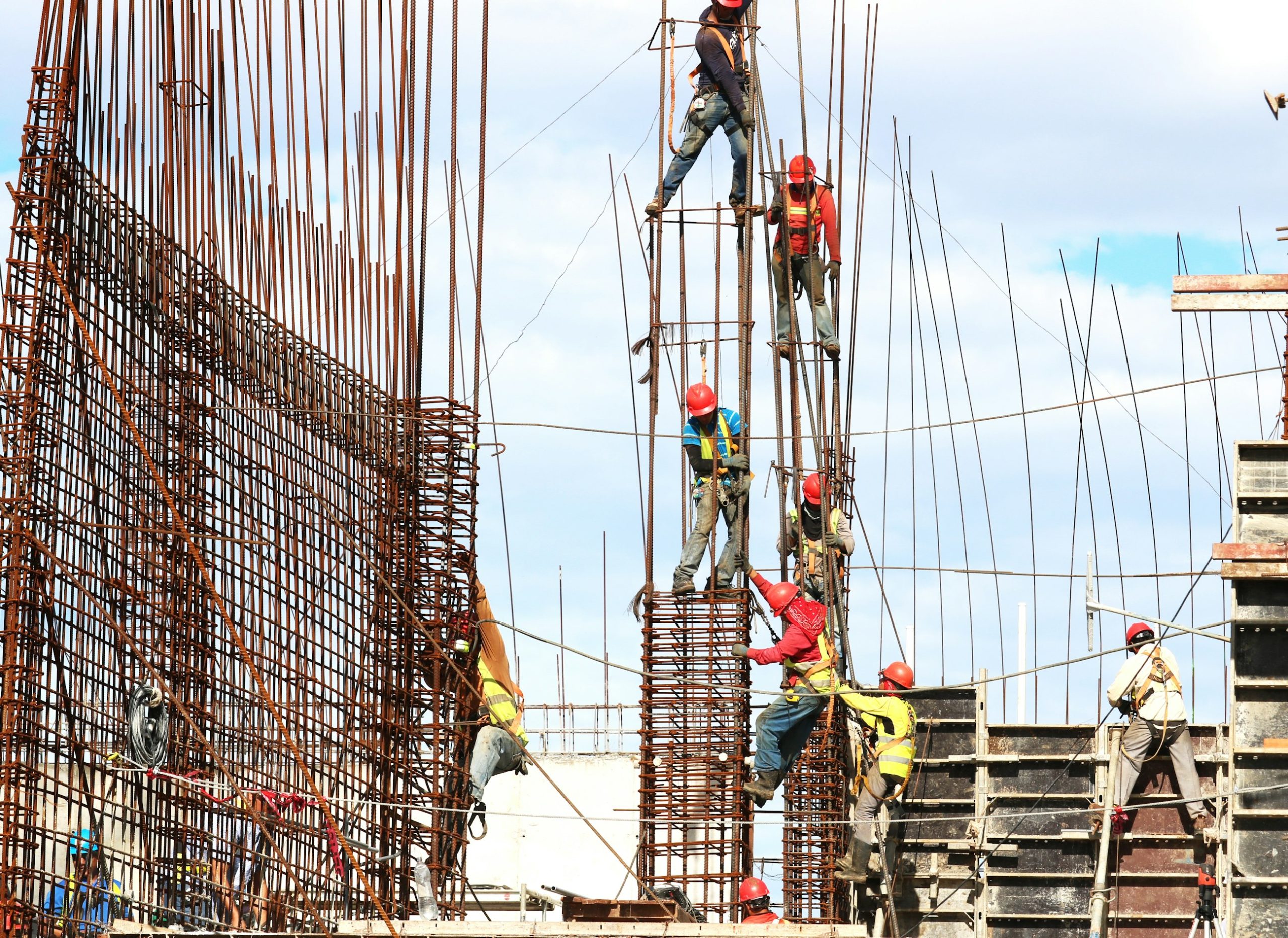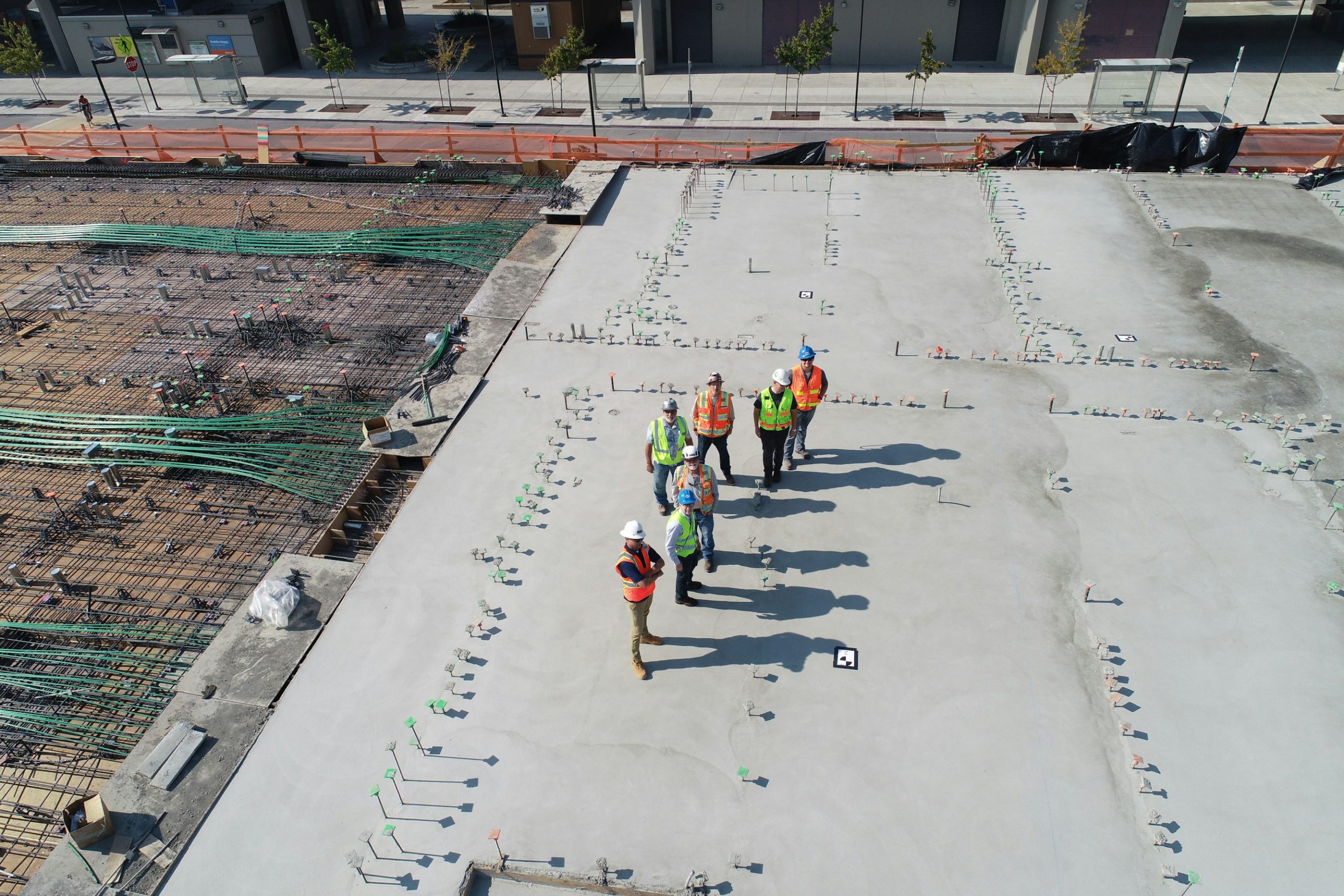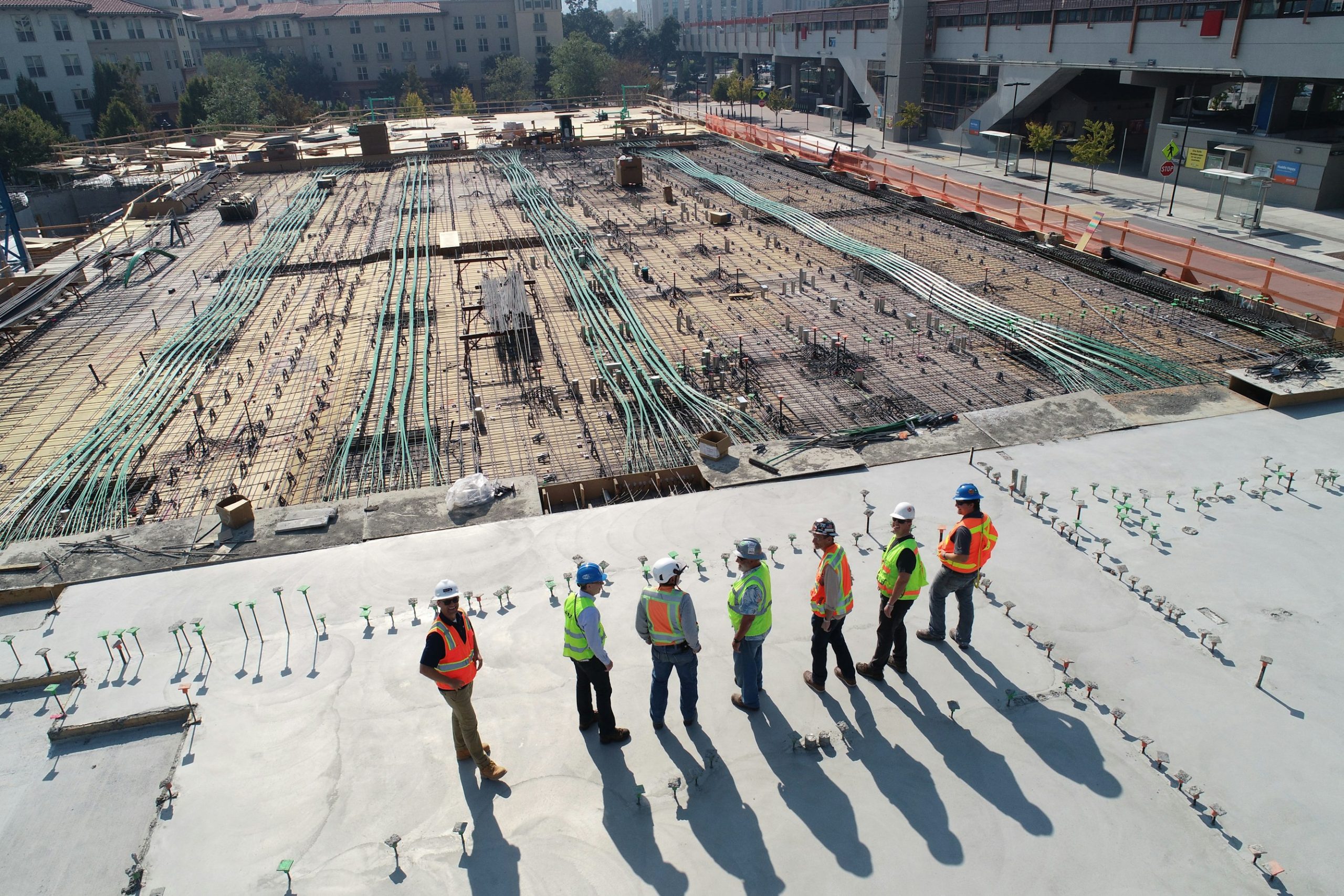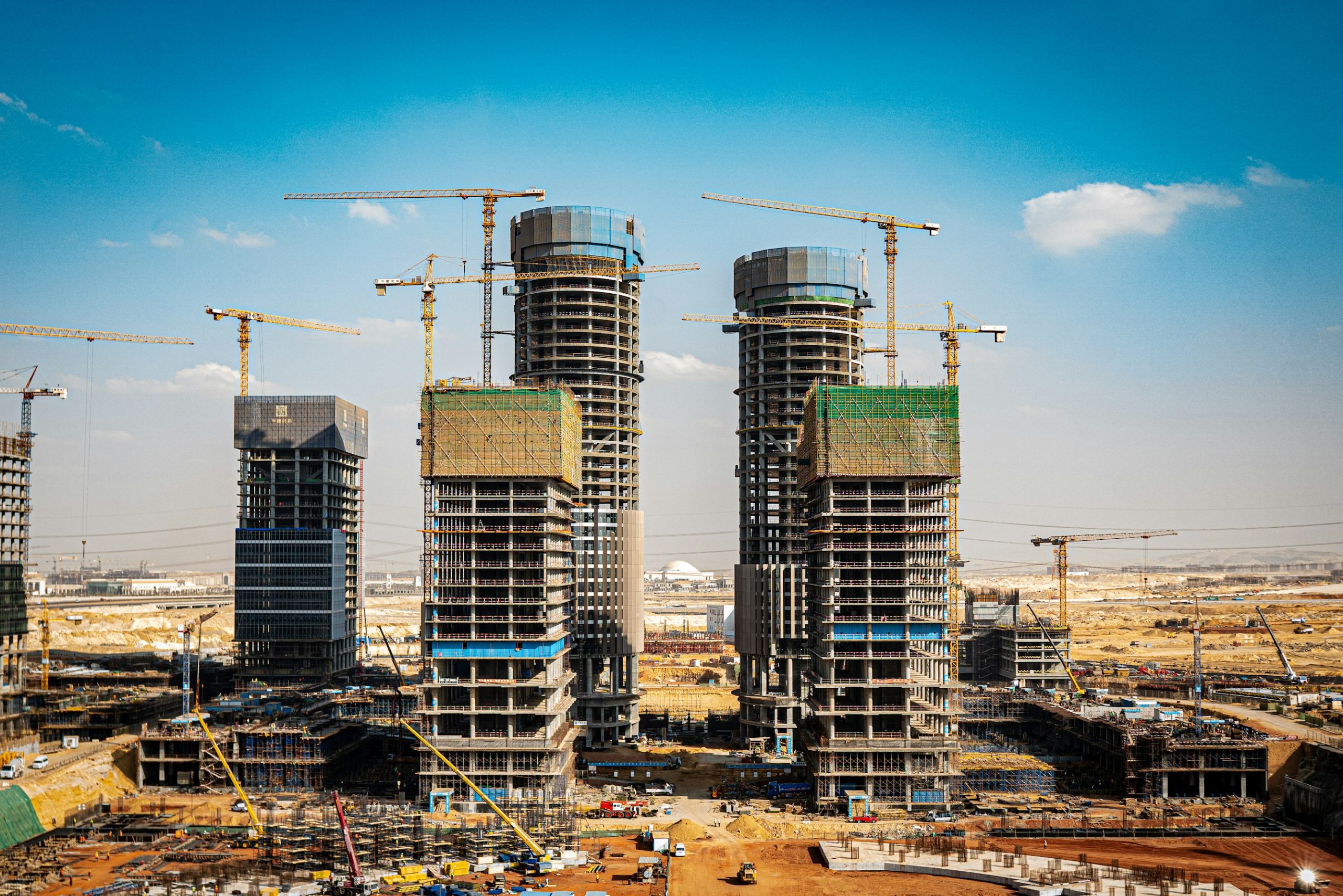Why Authority Approvals Are the Bottleneck of Middle East Projects
Authority approvals and regulatory processes are critical factors that often slow down construction and infrastructure projects in the Middle East. Delays due to cumbersome approvals can result in significant project overruns and inefficiencies. In this blog, we will explore the primary reasons for these bottlenecks and how advanced construction management solutions, such as those offered by Zepth, can enhance project performance.
Delays and Project Overruns
The Middle East has established a reputation for enduring some of the most prolonged project overruns in the global construction landscape. According to HKA’s CRUX Insight Report, construction delays in the region add an average of 22.5 months, or 83% of the initially scheduled duration, to project timelines. These protracted delays are often exacerbated by external factors, including geopolitical conflicts that disrupt safe passage for construction supply chains. The ongoing tensions in the Middle East, such as those involving Israel, Lebanon, and Iran, pose severe threats to commerce and construction activities, impacting both timelines and operational efficiency.
Regulatory and Approval Processes
The approval process for major infrastructure projects in the Middle East can be incredibly lengthy and cumbersome. Historically, most of these processes remained paper-based, leading to incomplete paperwork, misplaced documents, and elongated meetings necessary to resolve conflicts and miscommunications. A case example can be seen in Qatar before the introduction of digital management systems like Moazanah, which has significantly improved the budgetary review and approval process by going digital. Unfortunately, such improvements are still exceptions in most regions, where traditional systems persist, causing ongoing delays and frustrations in project execution.
Contract Interpretation and Management Issues
Contract interpretation disputes and poor management are common pitfalls in construction projects in the Middle East. The prevalent high-risk, low-margin contracting model often forces contractors to use heavily amended standard forms of contracts that include onerous payment and liability terms. This raises the likelihood of conflicts arising from bespoke clauses potentially conflicting with essential provisions of the contract. In many instances, ambiguous language in contract terms can lead to multiple interpretations, resulting in disputes that culminate in costly delays. This situation necessitates a robust approach to contract management to curtail conflicts and streamline project timelines.
Design and Scope Changes
Frequent changes in project scope and incomplete or late delivery of design information can create significant claims and disputes among stakeholders. It’s not uncommon for projects in the Middle East to launch with ill-defined designs, leading to an avalanche of scope changes and unforeseen circumstances. Failure to manage these changes efficiently can perpetuate a cycle of claims, further complicating the approval process and negatively impacting vital project deadlines.
Skills Deficit and Labor Issues
The construction sector in the Middle East is grappling with a skills deficit that has been intensified by the challenges posed by the COVID-19 pandemic. As builders and contractors face difficulties recruiting qualified personnel, the pace of project delivery continues to stall, leading to further delays and unmet deadlines. This gap calls for urgent attention to training and workforce development initiatives within the sector to enhance labor capacity and ensure timely project execution.
Geopolitical and Logistical Challenges
Geopolitical tensions and logistical barriers are additional factors that have significantly affected project delivery in the Middle East. Recent conflicts, such as the increased shipping crisis in the Red Sea, have led to a substantial drop in deep-sea port calls, resulting in significant delays across constructions projects reliant on maritime logistics. For instance, following attacks aimed at commercial vessels, freight traffic has declined by as much as 85%, adversely impacting supply chains and contributing to heightened project costs.
Best Practices and Solutions
Digitization and Automation
One effective remedy for the challenges posed by authority approvals is the implementation of comprehensive digital systems like Moazanah in Qatar, which have proven invaluable in enhancing the approval and budgetary review processes. Transitioning from paper-based to digital solutions not only reduces delays but also fosters improved project coordination, allowing stakeholders to focus on critical tasks.
Prudent Planning
Adopting strategic planning measures, including the diversification of suppliers and thorough pre-project assessments, can greatly minimize the risks behind geopolitical conflicts and disruptive supply chains. This proactive approach not only supports more organized project launches but also bolsters a project’s resilience in the face of unforeseen challenges.
Clear Contract Management
Ensuring that contracts are drafted clearly and avoid conflicting clauses is essential for minimizing disputes. A focus on standardizing contract forms and refining contract management practices can alleviate potential delays and promote smoother project execution.
Skills Development
Addressing the pressing skills deficit through targeted training programs and effective recruitment strategies can help stabilize the workforce and enhance project delivery times. By investing in the professional development of workers, construction companies can ensure they have competent staff capable of optimizing project performance.
How Zepth Can Help
Zepth provides a comprehensive suite of project management tools designed to streamline the approval and coordination processes similar to Qatar’s successful Moazanah system. Implementing Zepth’s advanced project management tools can drastically reduce the time spent on regulatory approvals, improving project timelines and outcomes.
Additionally, Zepth’s risk management solutions are tailored to help stakeholders foresee and mitigate risks associated with geopolitical conflicts, supply chain disruptions, and contract interpretation issues. By embracing a proactive approach, organizations can significantly minimize delays and the accompanying financial repercussions that often arise from such challenges.
Furthermore, Zepth’s supply chain management capabilities can assist clients in diversifying their supplier base and optimizing logistics, enabling them to navigate effectively through the implications posed by geopolitical tensions. These modern tools not only empower stakeholders but also place them on a path toward greater efficiency and less friction in their project endeavors.
In conclusion, by addressing these bottlenecks through digitization, prudent planning, and leveraging the innovative tools offered by companies like Zepth, the Middle East construction industry can achieve significant improvements in project outcomes, reducing unnecessary delays while maximizing operational efficiency.




